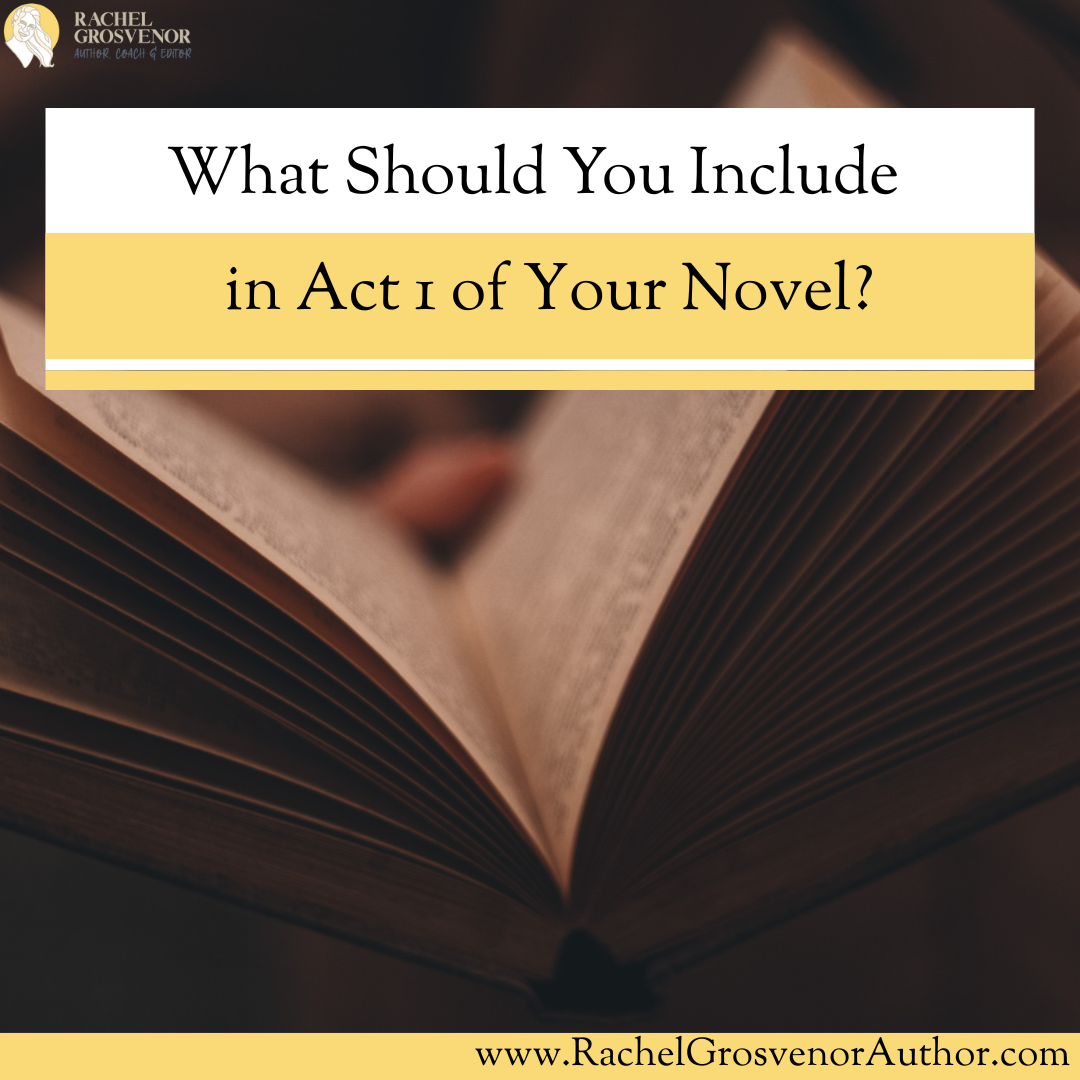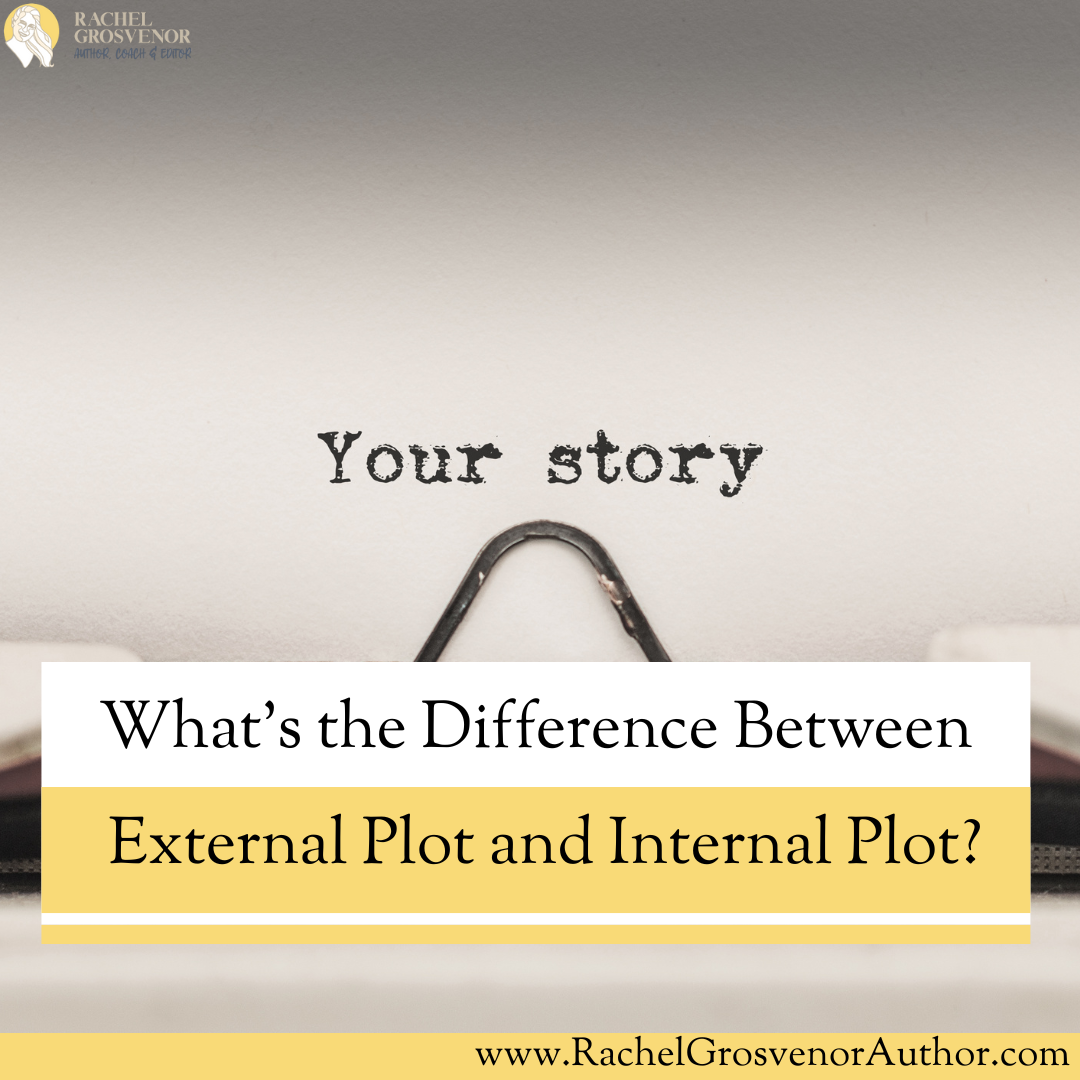It’s no surprise to me that sales of fantasy fiction increased by 45% in 2021, as the world struggled to get used to the new reality of the pandemic. We all longed to escape to a new landscape for just a moment, an opportunity to be somewhere else. Now, as we have moved on a little, escapist fiction continues to be popular. As an author and an avid reader, I have my own favourites that I pull from the bookshelf time and time again. Here are fifteen of them, perfect as a diversion from the stresses of everyday life.
A magical tale that pulls you straight in, and keeps you questioning the reality of the world the characters live in. There’s mystery and depth to this novel, with masterful storytelling, and once you read the first page and dip your toe into the river, you find yourself wading through until the end.
A Christmas tale with a twist – Death fancies having a turn at being the jolly man in the red suit. I love all Discworld tales, and Hogfather is no exception. Any of the stories featuring Death and his sarcastic and practical granddaughter Susan, are a treat. If you need a break from reality, you could do worse than stepping into Ankh-Morpork. Just make sure you’re wearing comfortable shoes and have the number for the City Watch – you might need their help.
This is a much-read favourite of mine, and Setiawan does a fantastic job of telling you the story as well as showing you, spanning years within pages, without making you feel as though you are missing something. This moody fairy tale has a rich setting, and it feels as though you really could step through the page and into this strange world of ghostly sights and true love.
Not all escapist literature has to feature an otherworldly setting, and Poppy Alexander does a great job of writing cosy fiction you want to curl up with. Jess is starting a new chapter of her life, and following her gentle adventure and idea of turning a telephone box into a tiny library is just perfect for a warm and welcoming tale.
A murder. A story long forgotten. Government coercion. And at the centre of it all, a badass centenarian and her pet wolf, willing to fight for freedom. The Finery is a cosy tale with very real themes, that takes you on a journey through the land of Rytter. Grab your chestnut broth and a snack, because a knock will soon be coming on your door, and rebellion is brewing underground.
If you like your escapist fiction with a slice of whimsy, this is the book for you. Step into the circus and find out what is so enchanting about this novel. As a reader, I am particularly partial to anything that resembles the British Victorian era, so this story and its fairy-tale fantastical romance is the perfect break from reality.
To my mind, Salter is the master of setting description. When reading this, one really feels as though they are travelling through France, the worldbuilding is so rich and complex. This novel explores youth and eroticism, gender politics and love. It’s immersive, poetic, and will always be a favourite escape of mine. An adult read for an adult reader.
Forget the film, which couldn’t capture the joy of the novel, and focus on the prose instead. This is a fairy tale for adults, that transports you to the village of Wall, mystical and vivid in its description. A child born from magic, the attempted capture of a shooting star, and a fairy market that’ll make you grab your cloak and basket with haste, this is the ideal read for the end of a hard day, when really, only fantastical fiction will do.
There have been many novels written about the other Bennet girls (Pride and Prejudice) and what happened when the original book was closed, but in my opinion, this is the best. We see Mary, the often-ignored sister, grow in confidence and learn to step beyond her situation. It’s a well-written, true-to-the-original, modern classic, ideal for fans of Austen. If you wish you could read Pride and Prejudice all over again just for that feeling of stepping into Netherfield Hall, this is the novel for you.
The tale of a wizard and how he came to be all-powerful. Join Kote at The Waystone Inn for a pint and a chat about his life, and see where the journey takes you. If you’re a fan of stories within stories and have secretly always wished you were the mysterious person with their hood up in a fantastical tavern, you can do no wrong here.
This has been a Sci-Fi best seller for so long, and your invitation to visit Arrakis is well overdue. Leave your D.A.R.E t-shirt at home and watch out for the massive worms. You’ll be fine, it’s just a story. Right?
I would be remiss not to put at least one book by Atkinson on this list, as her work is so immersive that every novel makes me feel as though I am stepping in the shoes of her well-developed characters. Behind the Scenes at the Museum is the tale of Ruby, who lives above a pet shop with her family, sees ghosts on the staircase and hears things she shouldn’t. Ruby’s tale is interspersed with the stories of the women in her family, taking you on a journey of dreams, heartache, and suspense.
I can’t be the only one who dreams of taking off along the wide-open plains on horseback, or the first reader who finds delightful escapism in sleeping under the stars. True Grit is your classic Western adventure tale, told from the point of view of one of the toughest young teenagers around. I wouldn’t mess with Mattie Ross because she takes revenge seriously.
Sci-Fi at its finest, set over a thousand years in the future. If you enjoy a narrative with multiple points of view, characters with compelling stories, and a somewhat frightening journey to distant planets, this story is your ideal form of escape. Step aboard.
If you are looking for more than a moment of escape, it’s time to step into the world of The Wheel of Time. You’ll find enough literature to last you at least a year, depending on how quickly you read, and its immersive story and memorable characters will drive you forward to reading all thirteen of the series. But, start with the first, The Eye of the World.
Any you would add? Let me know! If you’re looking for some fantastical women to go alongside this list, check out this blog post here!











